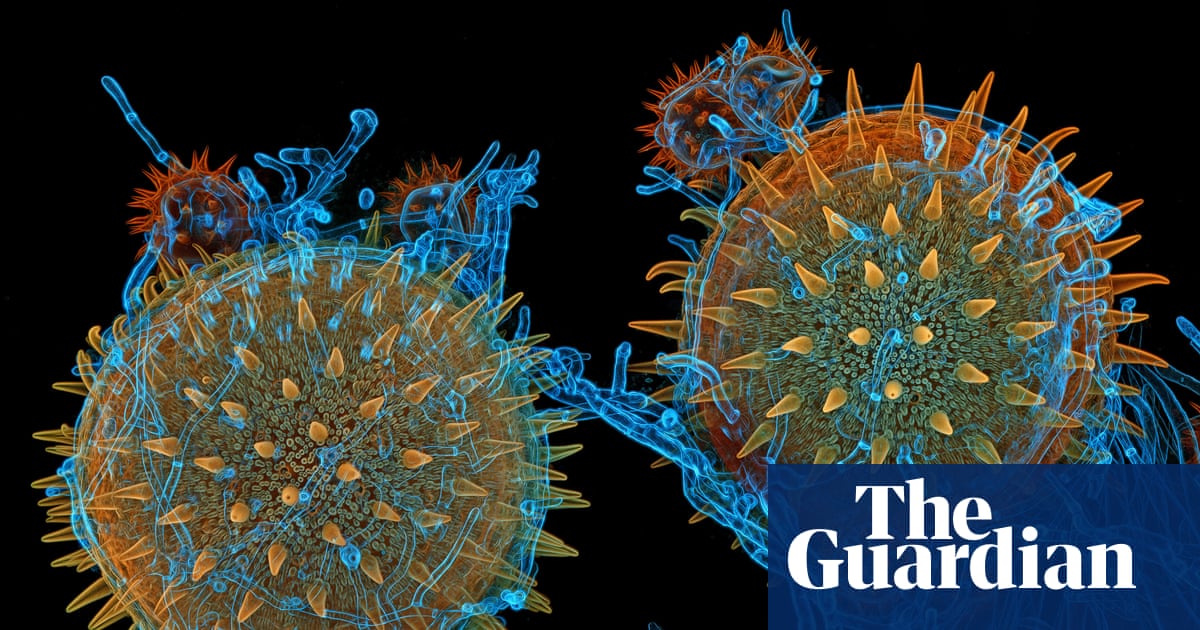For most people, the idea of getting on a plane, train, bus, boat, or car to head off for an adventure sounds absolutely dreamy. However, for the one in three people who are considered “highly susceptible” to motion sickness, that journey can be a nightmare. But don’t give up on that trip just yet, because according to a new study, there’s one kind of music that could cure motion sickness for good.
In September, researchers from China’s Henan Institute of Science and Technology published the findings of their study in the journal Frontiers in Human Neuroscience, looking into music’s effect on motion sickness and which types of music may help the most.
To reach its conclusion, the team collected electroencephalogram (EEG) data, which measures the brain’s electrical activity, from 30 participants who took part in a simulated driving experience. When the participants were “driving,” the researchers measured their brain activity and built a computer model to tell when they were experiencing motion sickness. Once that model reliably detected motion sickness, the team then tested different types of music to see which, if any, could help ease it. They tested four kinds, including music they deemed joyful, sad, stirring, or soft, and compared the effects to a control group that recovered from motion sickness without the help of music.
After examining the data, they found that both soft and joyful music had the best effects, with soft music reducing instances of motion sickness by 56.7 percent and joyful music by 57.3 percent. These were followed by passionate and sad music; however, the team noted that “the alleviation effect of sad music was lower than that of the control group,” meaning you can skip those tear-jerking songs on your playlist. As for why, the team explained in a statement that it’s possible “soft music relaxes people, relieving tension which exacerbates carsickness, while joyful music might distract people by activating brain reward systems.” Sad music, on the other hand, might have the opposite effect, further amplifying negative emotions.
“Motion sickness significantly impairs the travel experience for many individuals, and existing pharmacological interventions often carry side effects such as drowsiness,” Dr Qizong Yue of Southwest University, China, and corresponding author of the article, shared. “Music represents a non-invasive, low-cost, and personalized intervention strategy.”
However, the team noted that their study does have some limitations, namely the small sample size and the fact that it was only carried out with a car simulation. Still, Yue explained, their findings do offer one easy travel hack to try.
“Based on our conclusions, individuals experiencing motion sickness symptoms during travel can listen to cheerful or gentle music to achieve relief,” Yue added. “The primary theoretical frameworks for motion sickness genesis apply broadly to sickness induced by various vehicles. Therefore, the findings of this study likely extend to motion sickness experienced during air or sea travel.”
Read the original article on Travel & Leisure
Source link


